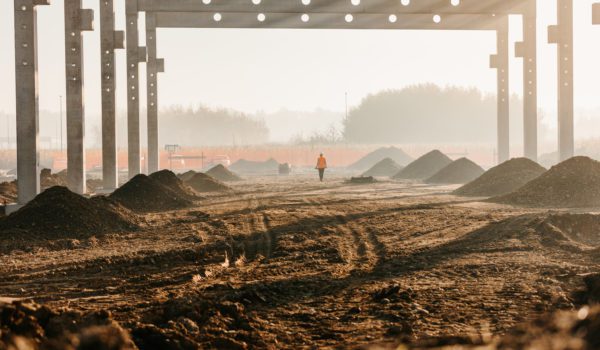On October 7, 2023, Governor Gavin Newsom signed AB 1633, the Housing Accountability Act: disapprovals: California Environmental Quality Act (CEQA), into law. AB 1633 changes the definition of “disapproving a project” as reflected in California’s Housing Accountability Act (the “Act”) passed in 1982. AB 1633’s new definition, which bars a local agency from denying an urban housing project following CEQA compliance, reinforces the Act.
Background
Although the original Act prohibited a local agency from rejecting a housing development project without a preponderance of the evidence, it didn’t cover a local agency’s refusal to issue a permit for an urban housing project even after its receipt of a CEQA-compliant document.
CEQA’s goal is to inform government decision-makers and the public about the potential environmental effects of a proposed project and to prevent significant and avoidable environmental harm. Under CEQA, a lead agency (the permitting entity) is required to prepare, or oversee the preparation of, and to then certify the completion of, an environmental impact report (EIR) on a proposed project that may pose a significant impact on the environment. If the local agency determines the project will not have that effect, it must adopt a negative declaration.
AB 1633 expands the original Act’s definition of “disapprove the housing development project” to include cases where a local agency fails to exempt a project from CEQA, abuses its discretion by not adopting a negative declaration, or declines to certify an EIR under certain conditions. The relevant condition limits AB 1633 to proposed housing projects sited on a legal parcel/parcel in an urban area with a minimum of 15 dwelling units per acre, i.e., an infill-type project.
Governor Newsom signed AB 1633 into law in response to local agency CEQA abuses that stalled much-needed affordable housing projects. One such instance in 2021 involved the City of San Francisco’s rejection of a 500-unit infill, affordable housing project. The city postponed the project application even though the applicant complied with CEQA by preparing an EIR. In response, the city demanded additional CEQA review and failed to specify a path to permit approval. The city received a letter from the California Department of Housing and Community Development stating that its actions violated the Act. Another instance involved a “not in my backyard” challenge to U.C. Berkeley’s attempt to develop student housing in an infill setting.
Takeaways
California lacks affordable housing projects, and infill sites are an affordable housing option offering environmental and economic benefits. Infill development reduces carbon footprint by bringing people closer to their daily destinations, and infill projects can further revitalize the local economy. Yet, local agencies face “not in my backyard” styled CEQA challenges to infill, affordable housing projects. AB 1633 now restricts such challenges in the infill, affordable housing context and will help to streamline the approval process for CEQA-compliant projects in the midst of California’s housing shortage.
Frost Brown Todd has a deep California-based environmental bench to assist with CEQA compliance and permitting matters. For more information, please contact the author or any attorney with the firm’s Environmental practice.
Essential Environmental Podcast
This podcast demystifies the complicated world of environmental law, helping developers and property owners understand the countless acronyms and agencies they might come across.

